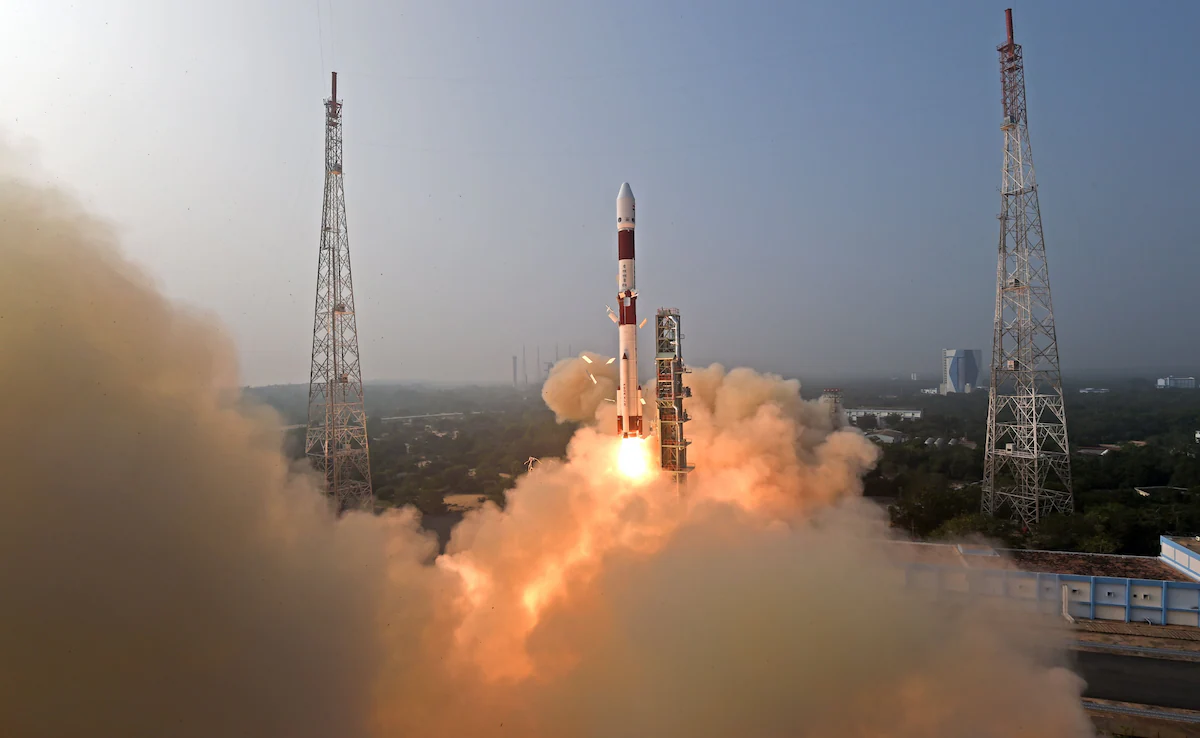On January 1st 2024, India Space Research Organization (ISRO) officially marked its new year by launching the PSLV C58 X-Ray Polarimeter Satellite XPoSat to mark this eventful start to 2024.
PSLV launched its 60th mission at 9.10 am from Satish Dhawan Space Centre Sriharikota at 9.10. 22 minutes later, the XPoSat satellite was placed into orbit with low eastward tilt inclination.
“PSLV completed another successful mission. ISRO Chairman S. Somnath reported after launch that PSLV-C58 successfully deployed and orbited an XPoSat primary satellite at 650 km and six degrees.
Lal Bahadur Shastri Institute of Technology for Women celebrated an exciting New Year day in Kerala’s capital of Kochi.
On January 1st 2020, another successful mission of PSLV-C58 was accomplished. ISRO Chairman S. Somnath reported after launch that this rocket successfully placed the primary satellite of XPoSat into orbit at 650 km and 6 degrees of inclination.

ISRO’s inaugural satellite dedicated exclusively for scientific research is called XPoSat and it was built to measure X-ray polarisation from celestial sources from space. Equipped with two payloads – POLIX (Polarimeter instrument in X rays) and XSPECT developed respectively by Raman Research Institute Bengaluru and Space Astronomy Group at URSC Bengaluru – POLIX can measure celestial sources while measuring celestial sources remotely via space XSPECT is equipped for measuring celestial sources from space X-ray polarisation from celestial sources outside earthly sources from space.
India has joined an exclusive club of nations who have initiated observatories dedicated to studying astronomical objects like black holes and neutron stars.
ISRO and India had an incredible 2023. Chandrayaan’s success propelled India into an exclusive space club; being the sole country to successfully perform soft landing at near South Pole on Moon. Meanwhile, ISRO will now begin its first spaceflight program Gaganyaan by 2024.
Timing and spectroscopy observations made possible with XPoSat will deepen our knowledge about celestial objects like black holes, neutron stars and active nuclei.
XPoSat holds great promise to build expertise in X-ray polarimetry in India and foster collaboration amongst astronomy communities.
